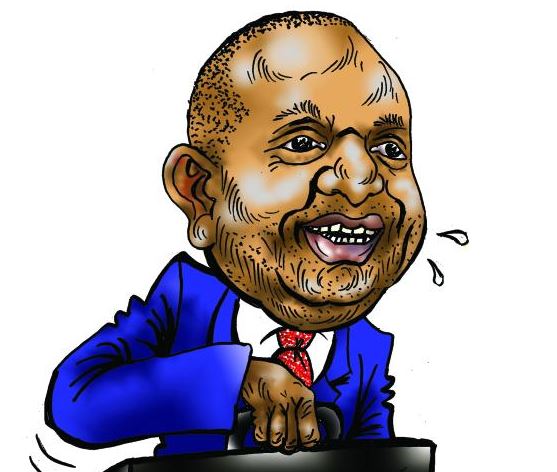×
The Standard e-Paper
Home To Bold Columnists

Treasury CS Henry Rotich is expected to present the seventh budget at Parliament Buildings today, but for the first time he will deliver his speech with graft investigation hanging over his head.
Besides that, he will be unveiling the country’s biggest budget, and potentially the year Kenya Revenue Authority will be under the most pressure with a mountain of State debt to be repaid.